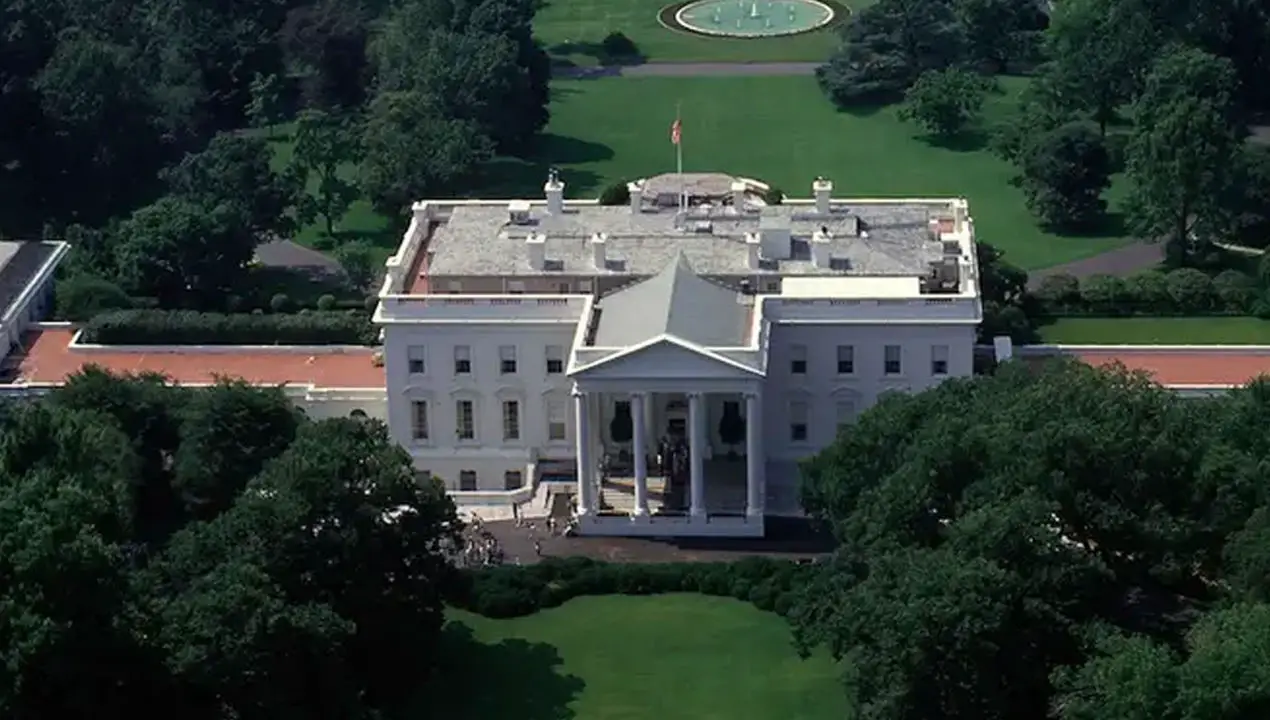Unveiling the Numbers: US Treasury Department’s Revelation
Washington News : In a staggering development, the US Treasury Department disclosed that the national debt skyrocketed beyond $34 trillion on December 29, marking an unprecedented fiscal milestone. This news surfaces just in time for Congress to grapple with crucial decisions on new federal funding initiatives.
The Soaring Figures: Understanding the National Debt
Published data from the Treasury Department reveals that the “total public debt outstanding” reached $34.001 trillion, encapsulating the entirety of the US federal government’s accumulated borrowing throughout its history.
Rapid Escalation: A Budgetary Balancing Act
This monumental figure follows a mere three months after the national debt breached the $33 trillion mark, driven by a widening budget deficit. The budget deficit, representing the variance between government expenditures and tax revenues, has ballooned in recent times.
Maya MacGuineas, president of the Committee for a Responsible Federal Budget, expressed concern, labeling this record figure as a “truly depressing achievement.” She emphasized the perilous nature of the escalating debt, citing risks to both the economy and national security.
Economic Irony: Rising Debt Amidst Relative Prosperity
A noteworthy concern is the mounting national debt amidst a period of economic strength and low unemployment. Traditionally, such periods are opportune for curbing the federal deficit. However, the government’s inclination to increase spending during economic downturns has contributed to this paradox.
Partisan Divides: Political Disputes Over Fiscal Responsibility
The national debt has emerged as a contentious issue, fueling disagreements between Republicans and Democrats. Republicans criticize the costly spending programs endorsed by the Biden administration, while Democrats point to the revenue impact of GOP-backed tax cuts in 2017. Additionally, substantial spending on Covid-19 relief packages under both administrations has further inflated the debt.
The Blame Game: Assessing Responsibility
White House spokesperson Michael Kikukawa attributes the escalating debt to “Republican giveaways skewed to big corporations and the wealthy.” He contends that such giveaways have led to cuts in vital social programs, affecting ordinary Americans. President Joe Biden proposes a $2.5 trillion deficit reduction plan, aiming to make the wealthy and corporations contribute more while cutting wasteful spending.
Implications on Credit Rating and Potential Shutdown
Mounting debt and political brinksmanship have already impacted America’s credit rating. Fitch downgraded the US sovereign debt rating to AA+ from AAA, and Moody’s warned of a potential removal of the last perfect AAA rating.
As lawmakers face deadlines for fiscal year 2024 department budgets, the specter of a government shutdown looms. House Republicans seek spending cuts beyond the agreed-upon levels in the June debt ceiling deal, while the Democrat-led Senate opposes such reductions. Negotiations for a topline funding level for fiscal year 2024 are underway.
Tackling the Debt Crisis: Proposed Solutions
House Speaker Mike Johnson advocates for a bipartisan debt commission to address what he deems “the greatest threat to our national security.” Policymakers are urged to consider measures such as raising taxes, reducing spending, or creating a fiscal commission to mitigate the borrowing burden.
Economic Ramifications: Interest Rates and Debt Servicing Challenges
The surge in government debt becomes even more concerning as interest rates rapidly rise, making debt servicing considerably more expensive. Net interest costs surged by 39% in fiscal year 2023, posing challenges for lawmakers to prioritize fiscal goals.
The Peter G. Peterson Foundation highlights that the US government spends a staggering $2 billion daily on debt interest payments alone. With plans to borrow nearly $1 trillion more by March’s end, the economic future of the nation hangs in the balance.
In conclusion, the alarming trajectory of the US national debt demands immediate attention and strategic interventions to secure the nation’s economic well-being.

